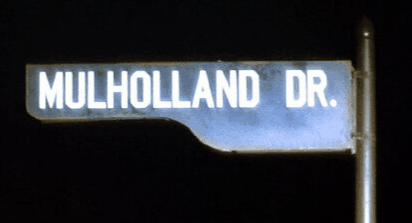12th November 2005 – 28th January 2006, CCA, Glasgow.
An exhibition featuring a substantial film programme, In The Poem About Love You Don’t Write The Word Love forthrightly presents itself as intellectually challenging and time-demanding. It sprawls geographically and chronologically like the French theoretical poetics upon which it is premised. Taking the title from Cahiers critic Serge Daney, curator Tanya Leighton parades the works’ research credentials. While there are casualties, many survive their curatorial obligations.
Sue Tompkins’ fragmented repetitious poems fly across planes of newsprint sporting wounds where they were creased to fit in a typewriter. Without knowledge of Tompkins’ spoken word performances they might resemble an archive of analytical conceptualism, yet they are imbued with the energy of Lettrist sound-images. They are space-time events anogalous with her briskly punctuated recitals. The formal devices of Tompkins’ work are less effectively echoed in Francois Bucher’s Readymades With a Fold (2004). Large photographs depict glossy magazines with their pages folded into exquisite corpses, retracing tactics academicised during the 1970s rebirth of photomontage. Alongside Tompkins’ scripted scatological slogans, they look like worthy university art.
John Smith’s 16mm film The Girl Chewing Gum (1976), an image-text made at the height of the British run on French theory, jams media conventions with greater aplomb. A deliberately banal 12 minute sequence shot in Hackney is overdubbed with an aloof voice that omnipotently directs the action. While the description is mostly close up, improvised biographies and moral judgements are inflicted upon the mockumentary’s subjects. Like all films, this is a record of the past, one that self-consciously slips beyond the grasp of narrative discourse. Yet it is more than a thesis, the narrator’s recital has a compulsive naturalism as transfigurative as Tompkins’ performative invocations of the prosaic. Nancy Holt & Robert Smithson’s 16mm film Swamp (1969) perfectly counterpoints with a calculated aimlessness that emerges as Holt attempts find her way out of a confusing maze of reeds.
This fugitive, unsystematic approach is sorely lacking in the more strategically obvious works. Emily Jacir’s Sexy Semite (2002-3) animates the Palestinian/Israeli conflict by placing viral personals ads in the press, pushing all the right buttons to the point of illustration. On the other hand, some of the Nouvelle Vagaries are just too indefinite. Gareth James’s origami models, Get Real Estate (2003) hide behind two way mirrors just beyond the thesis. Yet the more obvious representations of Leighton’s interests can be effective. Jeremy Deller’s History in Action (2000) documents a mass rally at which historical re-enactment groups meet to compare uniforms. This produces some surreal historicist continuity errors – such as Nazis and Roman soldiers saluting each other – which are both telling and preposterous. Just as the work of fragmenting and disconnecting the narratives of history is taking place, Deller’s documentation reintroduces narrative continuity.


